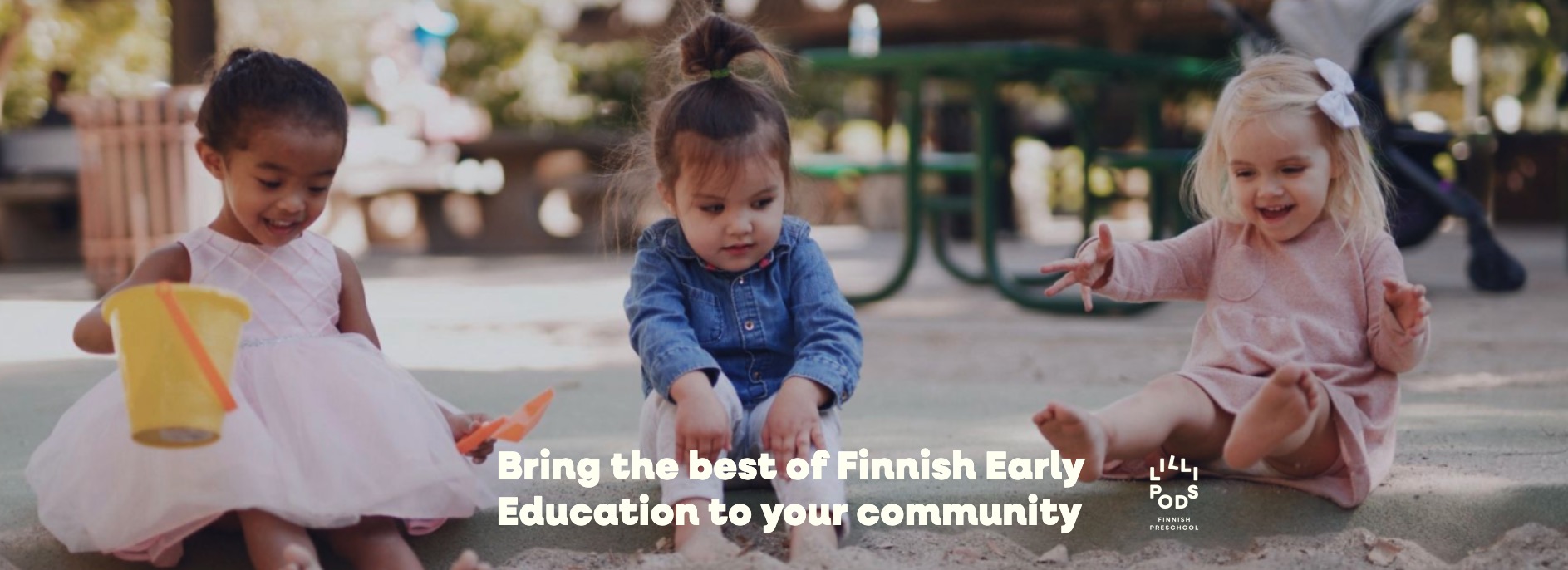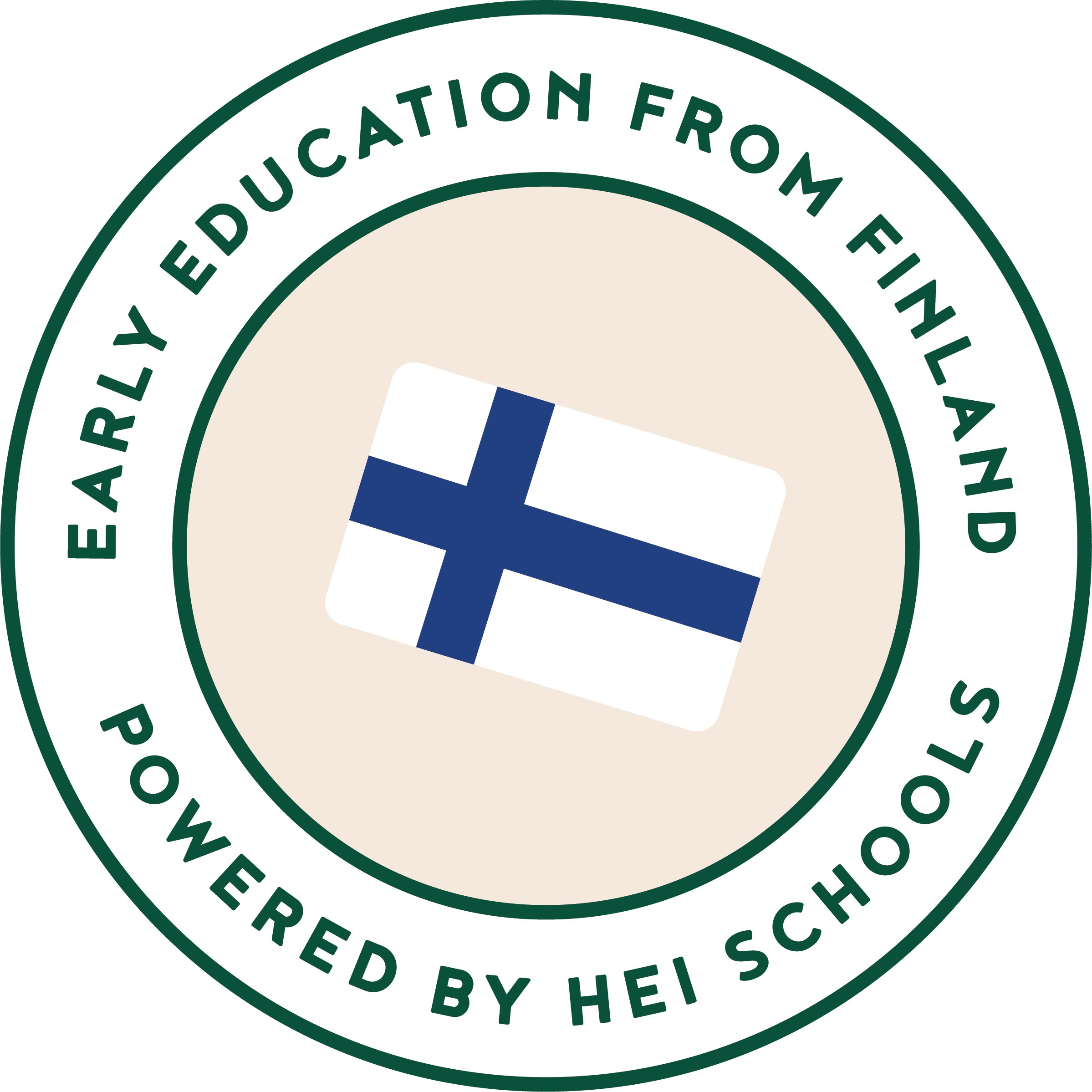Combine Finnish and UK Early Years Foundation Stage
Early Years Foundation Stage
EYFS is where the education journey begins for all students. At Cariad, we want to make this experience one that begins their lifelong love of learning and fuels their natural curiosity about the world around them.
At Cariad, we have designed a curriculum that combines the Finnish early years approach with the structure of the British EYFS. This innovative curriculum blends the child-centered, play-based Finnish approach, which emphasises social skills and a connection to nature, with the structured British Early Years Foundation Stage (EYFS) to provide a strong foundation for future learning.
Our approach blends play-based and structured learning, drawing from Finland’s emphasis on independence and well-being while incorporating the structured progression of the British EYFS. This allows children to develop social, emotional, and academic skills in an engaging and supportive environment.
A child-centered and individualised approach is at the heart of our nursery. The Finnish model tailors learning to each child’s interests and pace, promoting intrinsic motivation, while the EYFS ensures children reach key developmental milestones. By merging these methods, we create an inclusive and adaptive education that meets every child’s unique needs.
We prioritise well-being and outdoor learning, following Finland’s strong focus on happiness, outdoor play, and stress-free environments. While EYFS incorporates physical development in a more structured way, our blended model encourages active learning and emotional well-being through outdoor exploration and movement-based activities.
Finally, our curriculum fosters essential life skills, combining Finland’s focus on self-regulation, problem-solving, and creativity with EYFS’s emphasis on literacy, numeracy, and communication. This integration ensures children build a well-rounded foundation, equipping them for future learning and success.
By combining Finland’s happiness-driven, curiosity-led model with EYFS’s structured, milestone-based approach ensures academic success while nurturing well-being, making it a powerful model for early years education at Cariad International School.
What is Finnish education?
The Finnish education system has been rigorously tested for decades with outstanding learning results. It combines the best and latest learning philosophies, models and practices with continuous development to meet the highest standards in education.
In Finnish early childhood education, learning is understood as a lifelong process. Learning happens in an active way by utilizing children’s natural curiosity, their will to explore and the joy of discovery. Free play is a natural way to learn physical, emotional, social and intellectual skills, and play is children’s main activity in Finnish early education.
In Finnish educational philosophy, every child has the right to play, learn through play and enjoy the things they learn through play. Playing helps them form a better understanding of themselves, their identity and the world around them. Play is a part of all activities implemented by the children and with the children.
Teachers take part in children’s play and games, which allows them to assist children in creating suitable conditions for community-oriented, long-term play, and they allow children to have free play throughout the day at the kindergarten.
A sense of a community also plays an important role in Finnish education. We want to provide children with opportunities to participate in and influence their own life decisions. Every child has a right to be heard, seen and listened to as an individual and as a member of their community. One way of implementing this in the early years settings is by allowing democratic voting and negotiations between the children and teachers. For example, children can vote on what kind of long-term play will be arranged next in the classroom. The idea that gets the most votes will be chosen.
Another important piece of Finnish early education is the fostering of respect for life, sustainable living and human rights. We guide children towards a healthy lifestyle that promotes their overall wellbeing, and we support their emotional development and ethical thinking. Sustainability encompasses many areas of life, from social practices like incorporating the local culture and teaching compassion, to ecological considerations like developing children’s relationship with nature and their willingness to actively care for the environment. For example, when children take a trip to the forest, they will discuss how to respect nature. They will practice mindfulness and leave the space as they found it.
Headline suggestions:
In Finnish early childhood education, learning is understood as a lifelong process.
Free play is a natural way to learn physical, emotional, social and intellectual skills.
Every child has a right to be heard, seen and listened to as an individual and as a member of their community.
We guide children towards a healthy lifestyle that promotes their overall wellbeing, and we support their emotional development and ethical thinking.





